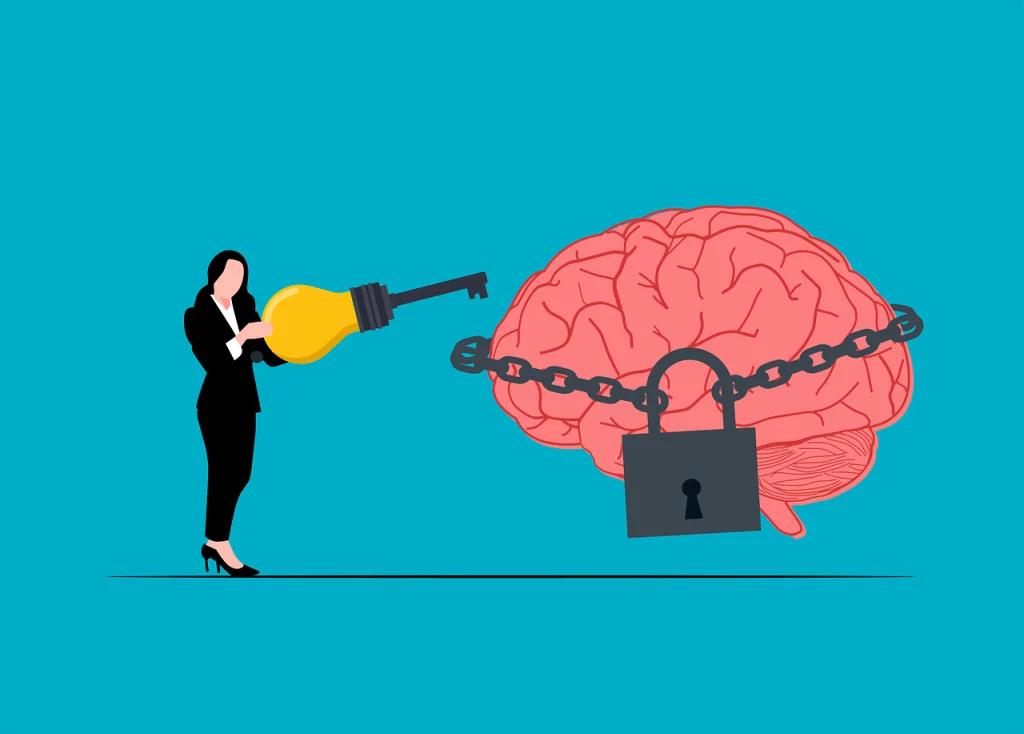Introduction
Stress is a natural response to challenges and demands, but when it becomes chronic or unmanaged, it can quietly undermine your physical health. While many people associate stress with emotional strain, its impact goes far beyond the mind. Persistent stress can lead to a cascade of physiological effects that weaken the body over time. This article explores how stress affects various systems in the body, identifies signs of stress-related health issues, and offers strategies for managing stress effectively.
The Biology of Stress: What Happens in Your Body
When the body perceives a threat, the brain activates the hypothalamic-pituitary-adrenal (HPA) axis, triggering the release of cortisol and adrenaline. These stress hormones prepare the body for a “fight-or-flight” response, increasing heart rate, blood pressure, and energy supply. While beneficial in short-term emergencies, chronic activation of this system has harmful long-term consequences.
1. Cardiovascular System: Under Constant Pressure
Chronic stress contributes to high blood pressure, elevated heart rate, and increased risk of heart disease. Cortisol and adrenaline cause blood vessels to constrict, making the heart work harder.
- Possible outcomes: Hypertension, heart arrhythmias, increased risk of stroke and heart attack.
- Warning signs: Frequent chest tightness, palpitations, shortness of breath during rest.
2. Immune System: Weakened Defenses
Initially, stress can boost the immune response. However, prolonged stress suppresses immune function, making the body more susceptible to infections and slowing down recovery.
- Possible outcomes: Frequent colds, slower wound healing, increased inflammation.
- Warning signs: Constant fatigue, recurring illnesses, flare-ups of autoimmune conditions.
3. Digestive System: Disruption in Gut Health
The gut and brain are closely connected. Stress can lead to changes in appetite, digestion, and gut flora.
- Possible outcomes: Irritable bowel syndrome (IBS), acid reflux, indigestion, nausea.
- Warning signs: Bloating, cramping, changes in bowel habits, stress-induced hunger or lack of appetite.
4. Musculoskeletal System: Tension and Pain
During stress, muscles contract and become tense. Over time, this tension can lead to pain, discomfort, and increased risk of injury.
- Possible outcomes: Chronic back, neck, and shoulder pain; tension headaches; jaw clenching.
- Warning signs: Muscle stiffness, frequent headaches, unexplained body aches.
5. Endocrine System: Hormonal Imbalance
Chronic stress can disrupt hormone production and regulation, including insulin, thyroid hormones, and reproductive hormones.
- Possible outcomes: Weight gain, menstrual irregularities, infertility, thyroid dysfunction.
- Warning signs: Fatigue, mood swings, irregular periods, changes in body weight.
6. Skin and Hair: Visible Signs of Internal Stress
The effects of stress often appear on the skin and hair. Stress can worsen or trigger conditions such as eczema, psoriasis, and acne.
- Possible outcomes: Hair loss, premature aging, skin breakouts.
- Warning signs: Dull skin, dry patches, brittle nails, sudden hair thinning.
7. Sleep Patterns: Restlessness and Fatigue
Stress commonly disrupts sleep quality, making it difficult to fall asleep or stay asleep.
- Possible outcomes: Insomnia, restless sleep, chronic exhaustion.
- Warning signs: Trouble sleeping, waking up tired, difficulty concentrating during the day.
The Vicious Cycle: Stress Feeding on Itself
Chronic stress often creates a feedback loop. For instance, poor sleep caused by stress can lead to irritability and fatigue, which in turn make it harder to manage future stress. Similarly, stress-related eating patterns can lead to weight gain, which may further reduce self-esteem and worsen anxiety.

How to Break the Cycle: Practical Strategies
1. Identify the Sources of Stress
Take time to reflect on what’s causing your stress—workload, relationships, financial pressures—and how you typically respond to it.
2. Practice Relaxation Techniques
Methods like deep breathing, meditation, progressive muscle relaxation, and yoga can reduce cortisol levels and relax your body.
3. Stay Physically Active
Regular exercise releases endorphins, the body’s natural stress-relievers, and improves sleep quality and mood.
4. Sleep Hygiene
Prioritize quality sleep by maintaining a consistent schedule, avoiding screens before bed, and creating a restful environment.
5. Maintain a Balanced Diet
Eating nutrient-dense foods supports brain and body function. Avoid excess caffeine, sugar, and alcohol, which can exacerbate stress.
6. Seek Social Support
Talking to friends, family, or a therapist can reduce feelings of isolation and help you gain perspective.
7. Consider Professional Help
If stress becomes overwhelming, a mental health professional can help you develop coping mechanisms and provide support.
Conclusion
Stress may be invisible, but its impact on physical health is profound and far-reaching. From heart disease to gut disorders and weakened immunity, unmanaged stress can silently erode your well-being. By recognizing the early signs and taking proactive steps to reduce stress, you can protect your body and mind. Don’t wait for physical symptoms to appear—invest in stress management as a vital part of your overall health routine.

















































